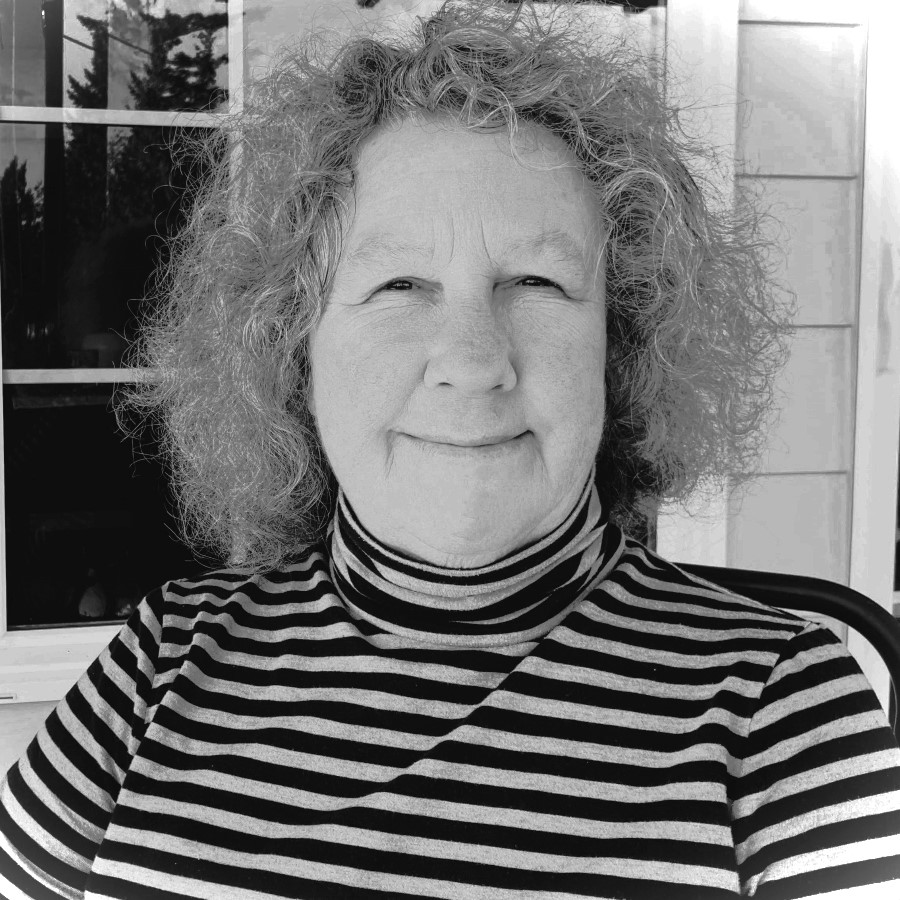 Before Sally Hood was a professor of education, she got her start in the classroom as a high school French teacher in Salem, Indiana. Using artifacts from her year-long stay in Corsica, where she taught English, she motivated students to dive deeper into their foreign language study and saw many of them go on to study French in college. After eight years of teaching, she enrolled at Indiana University, Bloomington, to pursue graduate work. After teaching upper-level courses with the Chair of the Language Education department, she decided to pursue a doctoral degree. She received her Ph.D. in Language Education from Indiana University in 2002.
Before Sally Hood was a professor of education, she got her start in the classroom as a high school French teacher in Salem, Indiana. Using artifacts from her year-long stay in Corsica, where she taught English, she motivated students to dive deeper into their foreign language study and saw many of them go on to study French in college. After eight years of teaching, she enrolled at Indiana University, Bloomington, to pursue graduate work. After teaching upper-level courses with the Chair of the Language Education department, she decided to pursue a doctoral degree. She received her Ph.D. in Language Education from Indiana University in 2002.
“My teaching in higher education has a strong practical orientation, because of my high school experience,” she says. “And my research has always been rooted in our K-12 schools and teachers’ classrooms with a particular focus on teachers’ professional development.”
In 2005, she arrived at UP as a visiting assistant professor for the school of education. “I came to the University of Portland in search of an institution that not only valued effective teaching of its faculty, but more significantly, expected teaching to be a priority,” she says. Her studies at a research university had prepared her for research-oriented scholarship, but she preferred the classes she took for her teacher education minor that emphasized the importance of the teacher She read countless books about teacher socialization, teachers’ beliefs, how popular culture portrays teachers, and the role a teacher educator should play in higher education. “I realized that my talents would best be used at a ‘teaching oriented’ institution such as the University of Portland,” she says. She became an assistant professor in 2006, and an associate professor in 2012.
In her time as a professor at UP, she has taught several courses for the School of Education with a focus on language education, including Linguistics, World Language Methods, and Dual Language Education. In 2007, she worked with the Canby School District and Trost Elementary School to evaluate their dual-language immersion program, which led to seven additional projects that she designed and facilitated with the teachers. With a growing demand for dual language immersion teachers, she used various research project findings to develop a dual language immersion specialization for the School of Education, “In every research study, I purposefully involve teachers in my research, approaching them as equals in the research process,” she says. “Research shows us that teachers are the greatest influences in student learning. They deserve great respect from society and my hope has always been to elevate their status as professionals.”
After almost twenty years at UP, she is looking forward to the slower pace that retirement will offer, as well as traveling abroad.